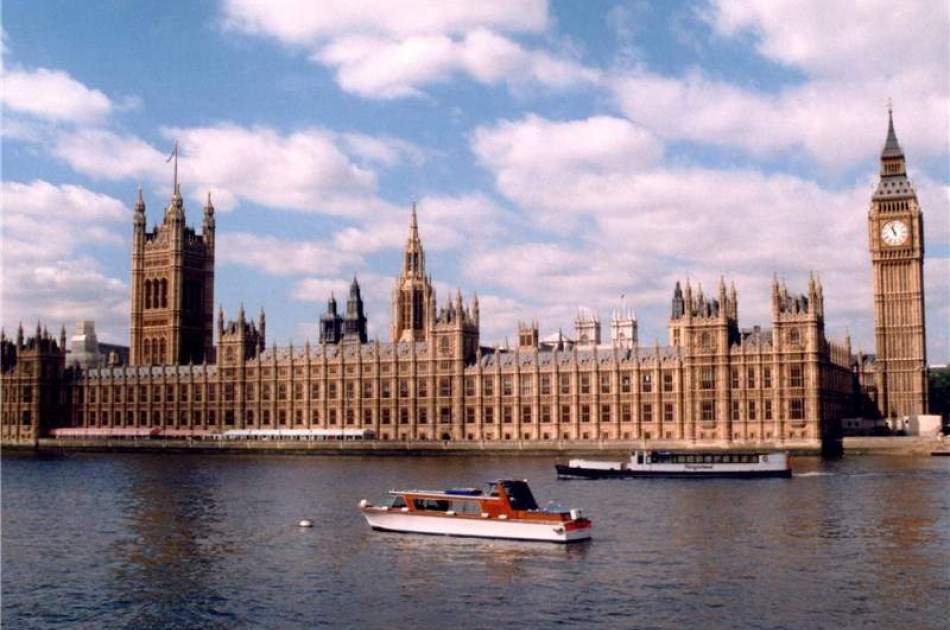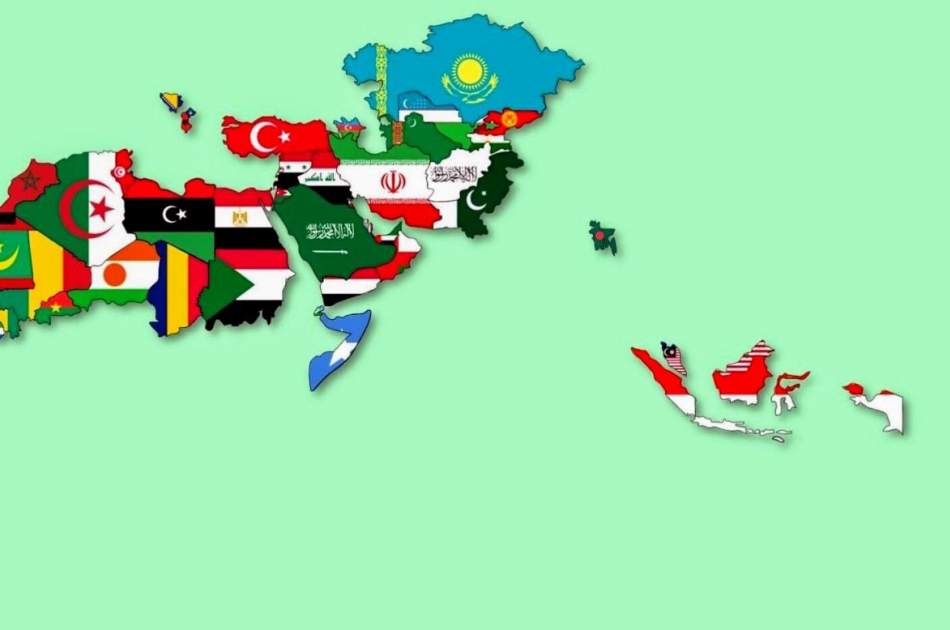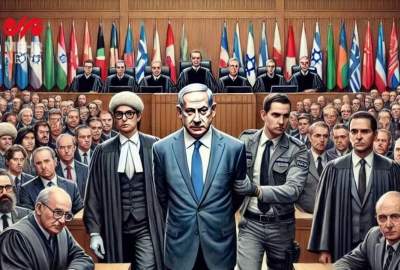Despite the negative verdict of the British Supreme Court and the widespread criticism of human rights organizations, the British House of Commons approved the inhumane law to deport immigrants to the African country of Rwanda.
Publish dateThursday 18 January 2024 - 16:55
Story Code : 284479
Afghan Voice Agency (AVA): According to "Frankfurter Allgemeine Zeitung" newspaper, despite internal party resistance, the British House of Commons approved the controversial law to deport immigrants to Rwanda. The vote was seen as an important test for British Prime Minister Rishi Sunak.
In this way, British Prime Minister Rishi Sunak approved the bill, which intends to declare Rwanda a safe third country and allow the deportation of illegal immigrants there, through the debate in the House of Commons without any changes. 320 of the 349 members of his faction voted for this proposal. 276 opposition representatives voted against this bill.
Tougher reforms previously backed by 60 Conservative MPs, which would have more broadly repealed provisions of the European Convention on Human Rights, were ignored. Many members of this faction, who had expressed their displeasure with this Sunak plan, finally voted for this bill, which is now being discussed in the House of Lords.
The new law allows British authorities to deport migrants who enter the country illegally, usually crossing the English Channel in rubber dinghies, to Rwanda without an asylum check. The first such initiative was defeated by a London High Court ruling that Rwanda should not be considered a safe third country.
The Sunak government subsequently signed a new binding international treaty with Rwanda, in which the East African country pledged to accept and continue to host an unspecified number of migrants sent there from Britain.
The new "Rwanda Security" law stipulates that responsible ministers no longer have to strictly adhere to the original orders of the European Court of Human Rights in Strasbourg on the deportation of migrants to Rwanda. The first attempt by then Prime Minister Boris Johnson to organize a deportation flight to Rwanda in April 2022 failed because of such an interim order from the Human Rights Court. The tougher reforms, tabled by right-wing Tory MPs, would have stipulated, among other things, that UK officials would be legally barred from following Strasbourg orders.
Several former British ministers, such as former home secretary Sula Braverman and immigration minister Robert Jenrick, who resigned about a month ago, argued that only with these escalating measures can deportations to Rwanda finally begin. Their opponents within the party, such as former Attorney General Jeremy Wright, argued that the British Parliament had the right to pass laws that breached international law such as the European Convention on Human Rights, but that doing so would cause serious political damage - Because this act provides exculpatory reasons for countries like Russia if they themselves have violated international agreements.
On Tuesday, the party's two executive vice-presidents, recently appointed to the posts by Rishi Sunak, resigned from their posts to allow them to vote on tougher amendments to the Rwanda bill. "Rebels" in the ruling party did not muster enough votes to defeat the bill - and possibly their prime minister - in the final vote on the bill, but they damaged his authority and leadership.
With the approval of this law, the rebellion of conservatives against Sunak has stopped for now.
Of course, the Labor opposition party voted against this law for many reasons. According to this party, Rwandan politics has already cost 450 million euros. The party's MP Chris Bryant doubts whether the few deportations will have a real deterrent effect.
For British Prime Minister Rishi Sunak, the worst is now over and a government crisis has been averted. But right-wing forces in his party are unlikely to surrender. This bodes ill for him in an election year. Conservatives are far behind in the polls.
According to Tasnim, the opponents of this project, like the United Nations Refugee Agency, are angry with this British law. Critics believe that there is no legal route for asylum seekers to enter the country. These plans also violate obligations to protect refugees. The fact that the government wants to put itself above the court's decisions by this law also violates the separation of powers.
Britain has already paid hundreds of millions of pounds to Rwanda without anyone getting there, critics say. The Labor Party is talking about a political trick. Critics say the Rwanda pact was created by then-prime minister Boris Johnson to distract from the "Partygate" scandal.
avapress.net/vdcd5o0xnyt0jo6.em2y.html
Tags
Top hits







